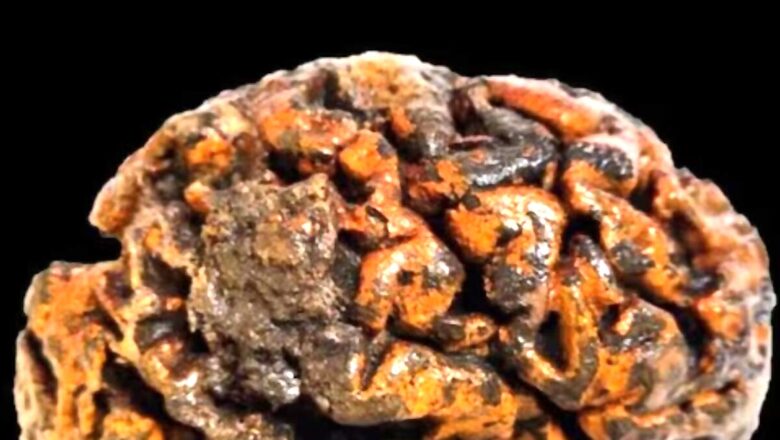
views
Scientists have identified over 4,400 human brains preserved in ‘astonishing condition’ in the archaeological record. Contrary to conventional belief, these brains, some dating back 12,000 years, have defied the rapid deterioration associated with post-mortem conditions.
According to Scientists, human brains don’t decay as fast after death as previously thought. This challenges what we know about brain decomposition. Some brains have defied expectations by staying preserved for much longer periods.
A report from The Mirror hints a team of scientists, headed by Alexandra Morton-Hayward from Oxford University, conducted the research. They discovered these brains by analysing historical records of archaeological sites. The preserved brains were located in various environments such as Egyptian deserts and European peat bogs.
The study published in The Royal Society titled “Human Brains Preserved in Diverse Environments for at Least 12,000 Years,” reveals researchers found preserved brains in archaeological sites. Contrary to traditional beliefs, which suggest rapid decomposition of the brain after death, this discovery marks preserved brains in the archaeological record as quite unusual.
Researchers collected data on over 4,400 human brains preserved in the archaeological record for around 12,000 years. They discovered that among these brains, more than 1,300 were the only remaining soft tissue amidst skeletons. Furthermore, researchers suggest that the unexplored collection of preserved ancient brains offers a valuable opportunity for conducting bioarchaeological investigations into human evolution, health and disease.
The discovery of preserved brains is deemed extremely rare. These brains, sourced from 213 locations, range from deserts to frozen mountains, showcasing their discovery across diverse environments.
Speaking to The Independent, Alexandra Morton-Hayward, the author, shared her excitement about the incredible find. She talked about discovering many ancient biomolecules preserved in these old brains. Morton-Hayward highlighted the thrill of learning more about how our ancestors lived and died from these discoveries.
Professor Erin Saupe, who co-authored the study from the Department of Earth Sciences at the University of Oxford, pointed out that the ancient brains found demonstrate how they can be preserved in various places. These include cold areas like the high Arctic and dry regions like arid deserts.




















Comments
0 comment